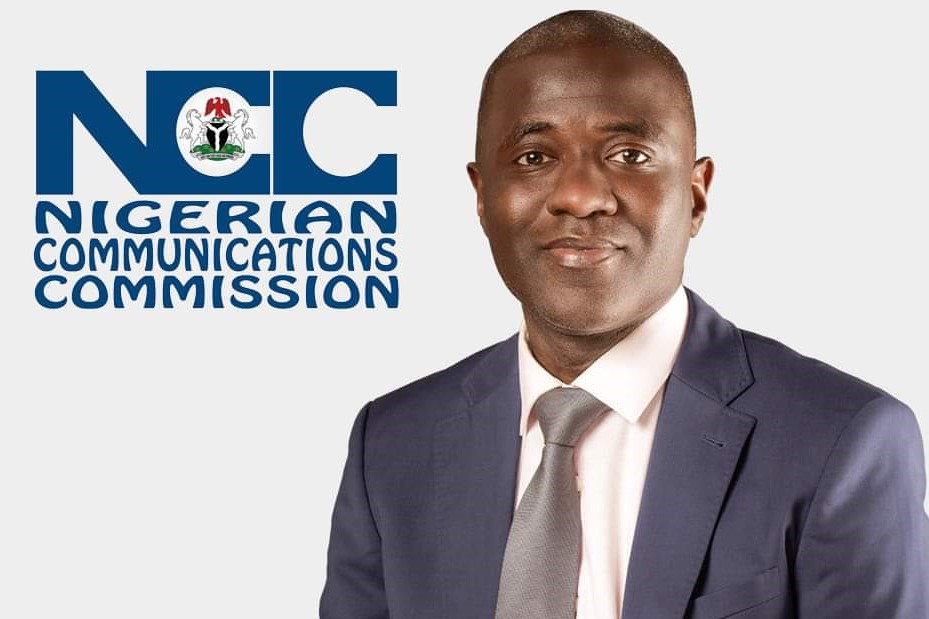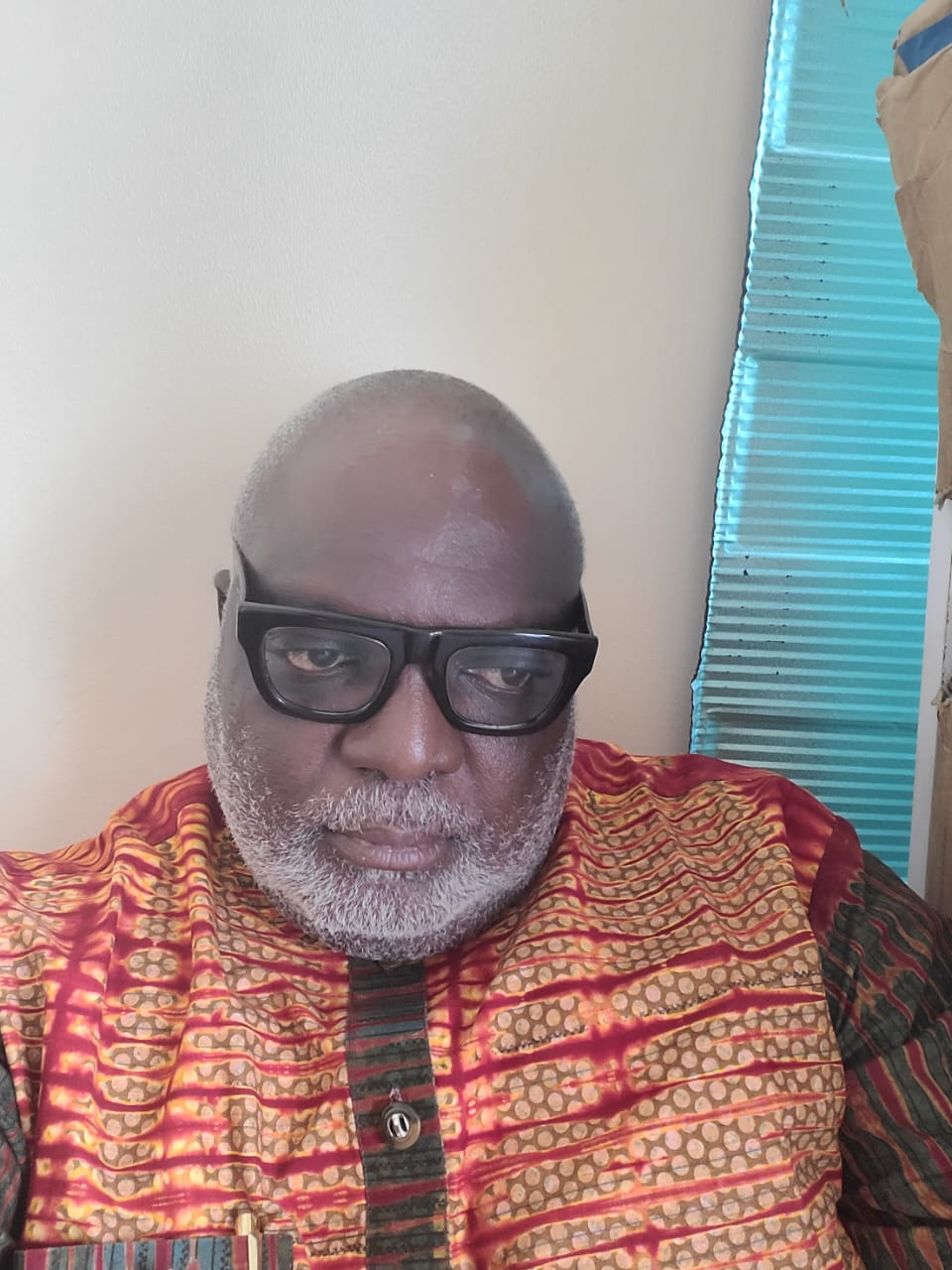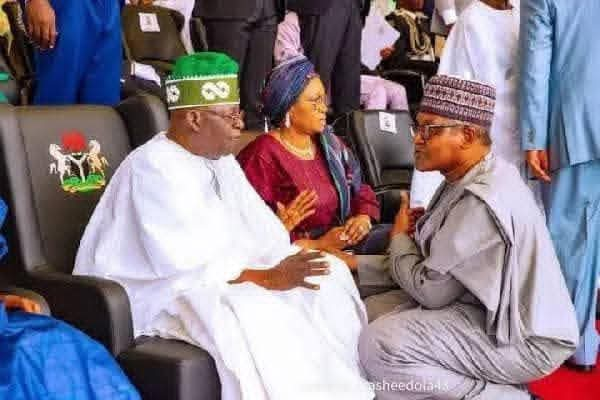Every government all over the world subsidizes certain things for the citizenry. From America to Europe, it is either agricultural products or housing and to all other basic things of life. Therefore, this present administration must not make the mistake of thinking every subsidy is an aberration. It is certainly not. There is nothing abnormal in the government still subsidising electricity since it has removed the subsidy on petroleum products. A very contentious move that is still generating some bad blood amongst the generality of the people despite its attendant merits on the long run. The argument that the payment procedure for the subsidy claims is fraught with fraud is the most untenable reason for the removal.
All the government needs to do is sanitise the payment procedure and make it transparent. So, the same line of argument can not suffice for the removal of electricity subsidy. Just a while ago, Mr Yemi Cardoso, the Central Bank governor claimed publicly that he had to get a consulting firm, Delloite and Co, to help the Central Bank verify the backlog claims on forex demands pending before the Bank. Though, this is an indictment of the Central Bank department saddled with this responsibility, but the governor got the job done anyway because he needed results. Probably, this is what the minister of power ought to have done if there are seeming fraud related issues concerning the electricity subsidy rather than its total removal. It is not only ill-timed; it is insensitive too. Considering that the service is nearly non-existent. Almost everyone generates their own electricity in their own way. The success of alternate energy businesses in Nigeria lately, especially solar, is a confirmation of this. So public electricity is just a standby.
The most vital component of overcoming our energy challenges has never been given the needed attention it surely deserves. What is required is what lawyers will call a fiduciary relationship. Coming out to Nigerians clean, transparently, with all the challenges in the generation, transmission, and distribution sector. A total forensic audit of capacities and challenges, and of course, the attendant solution. The recent decision of granting the states the right to generate, transmit, and distribute its own energy is commendable but may still take some good time to achieve. The successive past administrations at the federal level all share in the blame for the present position of our energy supply in the country. The worst was the administration that unbundled the energy sector and sold off its assets to companies that had no experience whatsoever in power generation, transmission, and distribution except that they were friends of government. They were only interested in the choice assets of the companies they bought. This is why they have not added any value to the companies in terms of service delivery except declaring a profitable balance sheet predicated on fraudulent billings.
Since 1999 in Nigeria, the ‘song’ has been “government has no business doing business,” and immediately a government business doing well is sold off to a private investor, the business dies afterwards. S, it has been with almost all the federal government business ventures sold off to private investors. We deserve to know the exact figure of megawatts generated by our generation companies, how much exactly do we need, what exactly are the challenges in the transmission sector, as we all know the challenges bedevilling the distribution sector. The distribution sector is the most exploitative in the chain by asking consumers to buy transformers and cables etc.
With current efforts at stabilising the naira after floating it on the general market paying off, and the expected downward regularisation of the petroleum products, that has necessitated the prediction of a downward review by mid-year of goods and services, this removal of electricity subsidy will truncate all these expectations. The consumers on the power distribution line of Band A, the supposed targets of the removal, are mostly goods and services companies, so it is only logical that an increase in production costs will be recouped from the retail costs of goods and services. This is a simple principle of economics. Therefore, the already battered common citizens will be the ultimate targets of the removal. And suffice to ask what exactly does the government wants to subsidize for the citizens?
There is no existing subsidy on agriculture products, none now on petroleum products any longer, none on housing, none on transportation, and so on. The ministry of power has to rethink this decision. They should do more of constant monitoring and evaluation of the energy value chain, especially with generation and distribution in order to provide the needed services to consumers and then after a while of sector stability, it can begin to toy with the idea of electricity subsidy removal. In which case the service delivery would have improved and the citizens can appreciate the improvements. Nigerians want to see the Honourable Minister more on the electricity provision facilities visiting for inspection, doing on the spot assessments, and speaking to Nigerians on the efforts being made to increase our megawatts from its present figure to its required figures. The ministry of power should not allow the organised labour sector to plunge our country into another needless round of strikes over the removal of electricity subsidy.
Fola Aiyegbusi writes from “hefzibar2006@yahoo.com”





